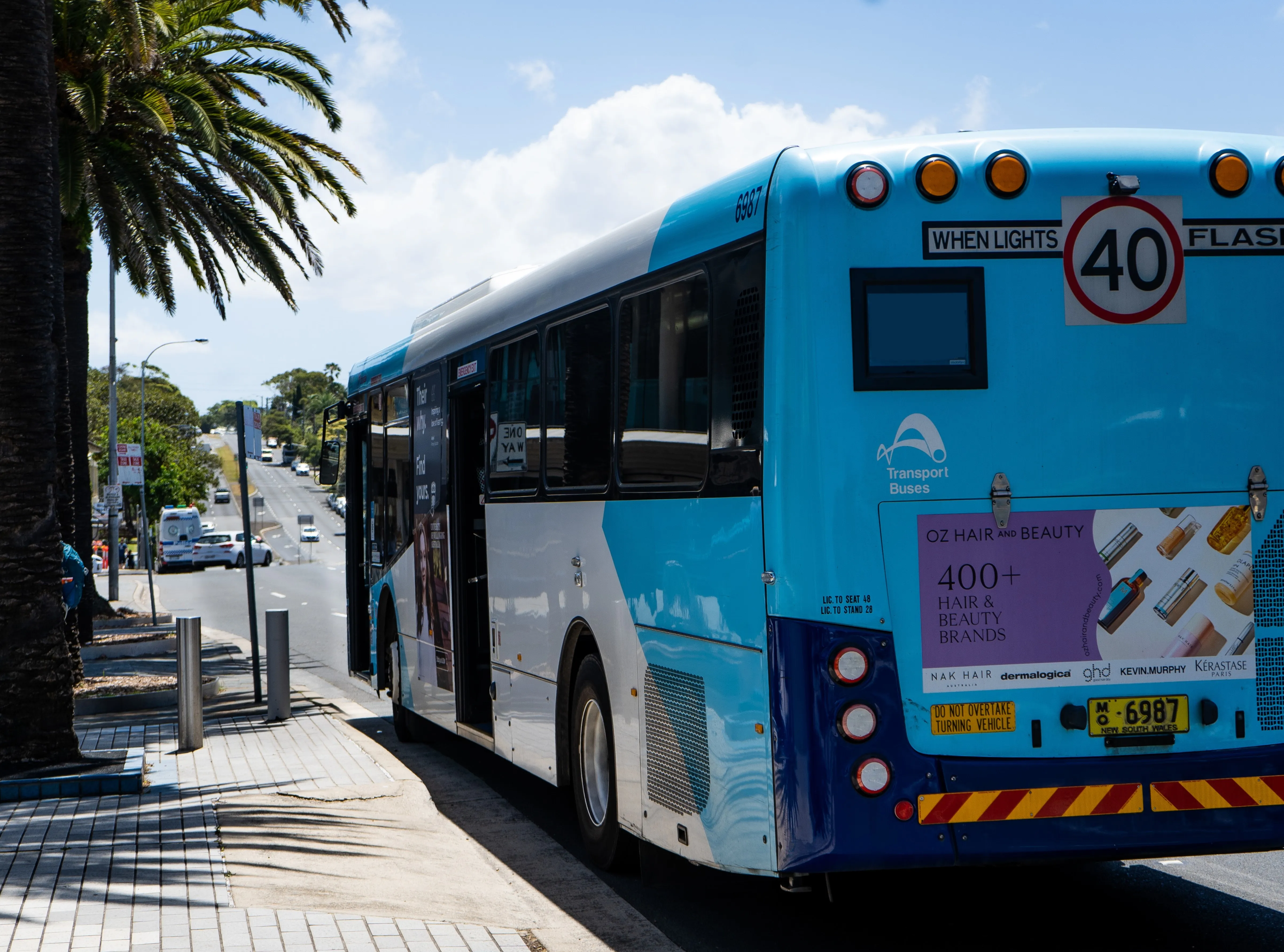
Bus operator Go-Ahead is a UK and public transport infrastructure specialist UGL have won a seven-year contract to run buses in Sydney, Australia.
From July next year, its joint venture (JV) company U-Go-Mobility will operate buses across the Sutherland Shire and Bankstown regions of Sydney for Transport for New South Wales.
The deal is worth approximately US$337m, split 50-50 between the two JV partners.
The network will comprise of 225 buses, accounting for more than half a million passenger journeys every weekday, and combines the previous Sydney Bus Contract regions 5 and 10, and will be known simply as Region 10.
Buses will run south-west of Sydney’s Central Business District and include services stretching from the city’s southern beaches to south-western suburbs, including Hurstville, Miranda, Cronulla and Bundeena.
U-Go says it will work with TfNSW to "explore opportunities to introduce more zero-emission buses".
Go-Ahead operates in six countries, including buses in the UK, Singapore, Sweden and Ireland, and rail in the UK, Germany and Norway - and it has had a transport consultancy business in Australia since 2018.
CEO Christian Schreyer says: “We specialise in running busy bus networks in global cities, so we’re delighted to be entering Sydney alongside our partner, UGL. We look forward to delivering punctual, good value buses to get Sydneysiders on their way each day, with outstanding customer service."
“Australia will be Go-Ahead’s seventh country of bus and rail operation. This underlines our ambition for international expansion as climate change, urbanisation and convenience encourage people around the world to switch from cars to public transport."
UGL is involved in rail, tram and light rail operations in Sydney, Melbourne, Adelaide and Canberra.
MD Doug Moss says: "We’re pleased to add Sydney bus operations to our portfolio and we’re looking forward to combining our local transport know-how with Go Ahead’s international expertise."









